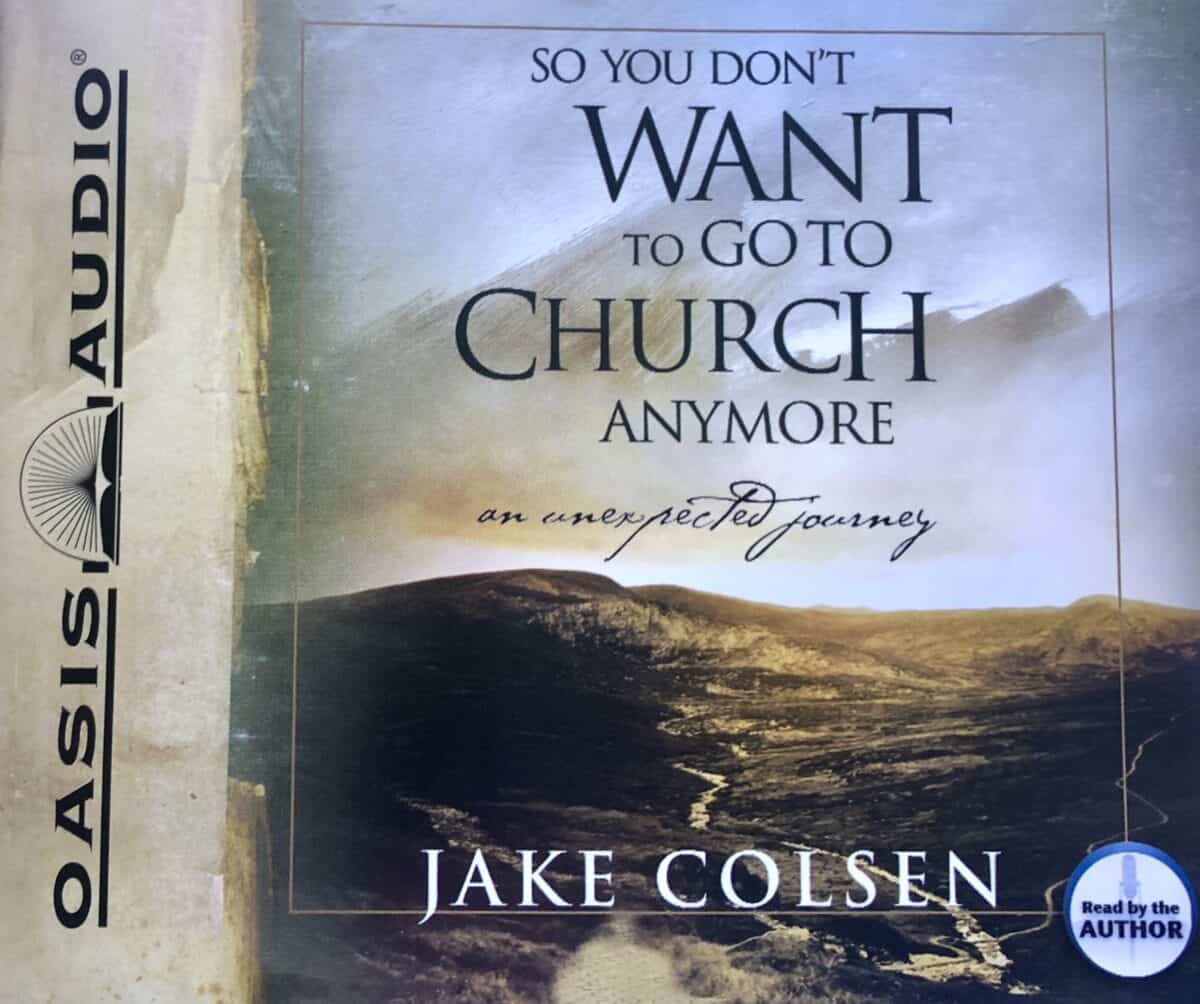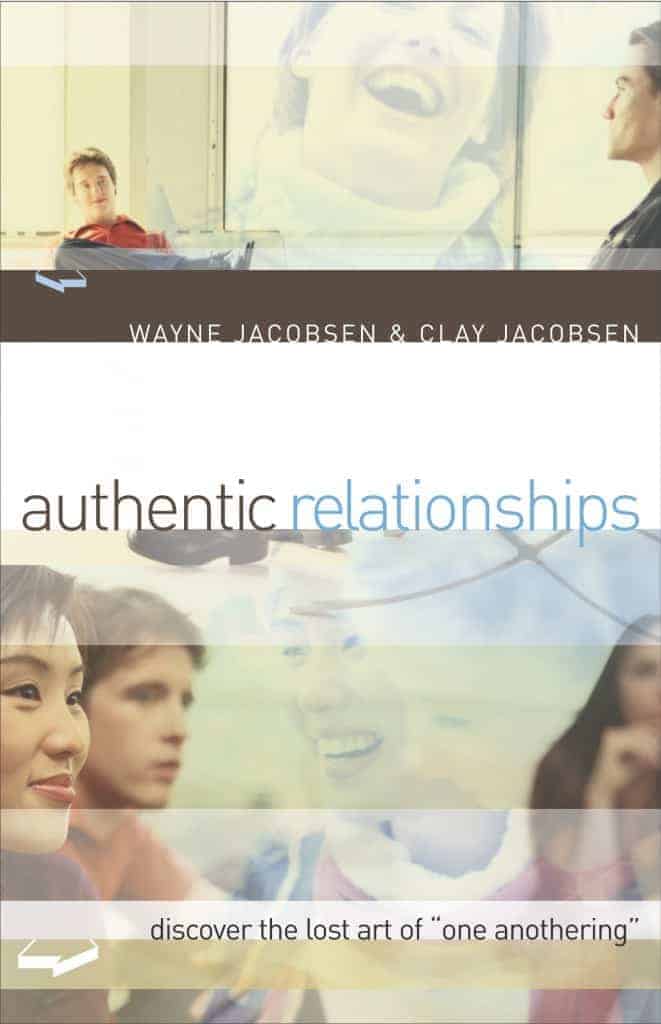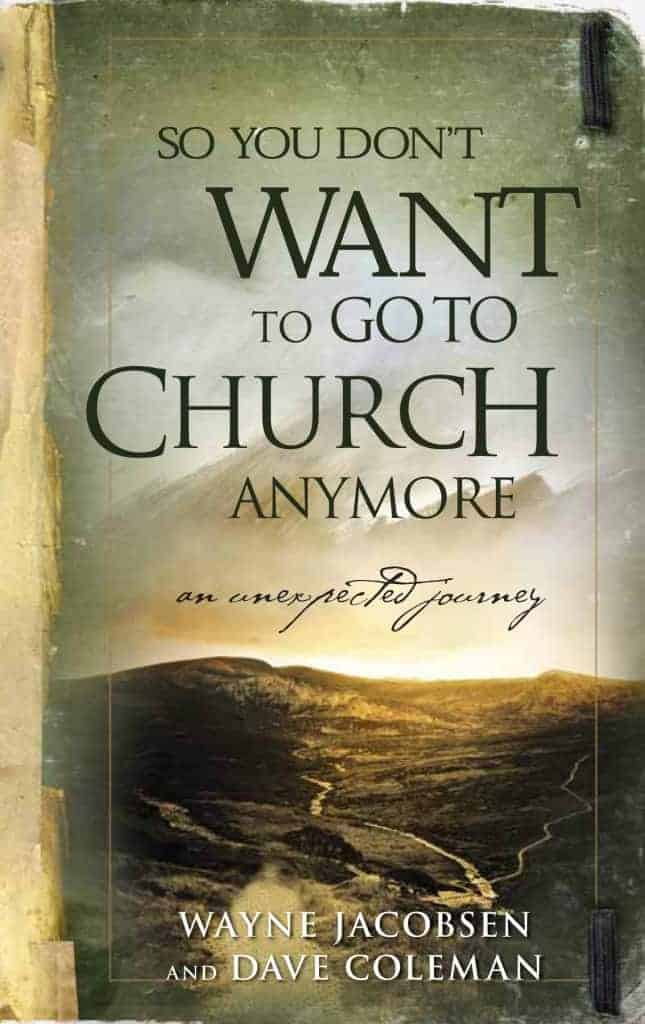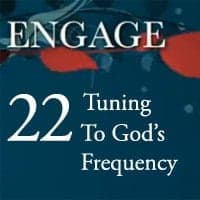I’ll share many of those below, but before I do, I want to share what this podcast has meant to me. Through this podcast my friendship with Brad grew and it provided an environment for my own discovery and growth as we talked about things neither of us had contemplated before. It also put me in touch with thousands of people all over the world who are on some incredible journeys, with a passion and depth in God’s life that has enriched my own relationship with him. It’s still a bit weird meeting new people who know everything about me and my family. I forget just how much of our personal lives have found their way onto that podcast, and how much that has encouraged others.
I’m amazed at all the people who listen, many from the very beginning and even more in awe that some people today still go back through the archive and have listened to all of them over the past year. We will talk more about this on the podcast this week, but no one is more amazed than I am at where this little podcast has gone and the lives it has encouraged and connected. I continue to meet people around the world who first connected on the forum, blog, or Facebook page of this podcast and ended up in close, personal friendships. I am grateful for the ways you engage each other, how you’ve shared the podcasts and books with your friends. This was the audience that launched The Shack, when no one else even had the book. Who knew at the time it would sell over 24 million copies worldwide and now being turned into a movie?
I am so grateful to all who wrote and share their thoughts. We probably have been encouraged way more than we’ve encouraged others. If you’d like to add your thoughts you can do so in the comment section below.
Now here is what some of you said about The God Journey podcast.
Claudia: Changed. My. Life.
Traci: Having a couple of guys talk about freedom, life, and grace in a way that stirs the depths of your heart and soul – how do I put it into words? The beginning of understanding “he loves me and he is especially fond of me.” It was life changing.
Rick: Thanks guys, your Podcasts really helped me leave a restricted mess called religion.
David: They are a breath of fresh air in a world of stale ideas.
From Chris: Thank you so much for sharing the awesome truths about our Father’s intense love and affection for us!! I have been digesting and meditating on these truths the last few years and God has brought so much freedom and joy to my life. I spent the first 20 years of my Christian life nearly killing myself trying to gain God’s acceptance and approval through my performance. However, I am so thankful that for the last three years He has lead me to Bible teachers like you guys that teach the truth of our God. These truths have been like refreshing water and a healing ointment to my soul.
From Greg in NY: Thanks for doing so many. They are an encouragement to me, and so many more. Since we first learned of your writings back in … maybe 2002? When you were writing “the Jake book” chapter by chapter online…. you (both) have been an encouragement to me to continue to listen to, follow, and want to really know Father, who loves me more than I can truly understand. And I’ve found equal encouragement in listening to your words and conversations, which echo those that God has been whispering in my own heard and mind. My first thought when I read your post was to share our new song, This Journey, because it celebrates what this journey has meant to us.
Jarred: I’m not your target audience by any means, as I’m 20 years old and have virtually no church background. Just wanted you to know that I really enjoy your podcast. I particularly enjoy your discussions about relationships, and your ideas seem to coincide with the ones I’ve built over the past two years. To keep the story short, I moved out of my parents place and moved in with my best friend’s family. I already had a very close relationship with my friend, but what caught me off guard was how out of nowhere I began to build a relationship with his father (who also listens to this podcast). We just started talking, and somehow it grew into an authentic, loving relationship with no authority; just conversation. I’ve been thinking about this more lately, but I really feel that genuine relationships with God at the center bloom naturally. Forcing it, especially in the way religious organizations seem to, leads to an insincere relationship where barriers, such as authority or conformity, prevent individuals from connecting. How can someone be the treasure they were created to be? I’m sure this is something you’ve already explored.
Karine: I’ve been listening for a number of years and the podcasts have been such a support though many difficult times can’t thank the lord enough for you both and the commitment to doing this.
Kim: Oh my goodness…the podcasts were my lifeline, as far as having someone who understood, for months after leaving the institutional world we’d been part of for 32 years! I knew God had led us out, and you, Wayne, He loves Me, and the podcasts really helped confirm and affirm the journey we knew it was time for us to begin. He Loves Me, changed my life, actually! Note to Brad Cummings: Your laughter!!! Oh my, how I miss the sound of it!! Hope you are doing lots of it these days! Enjoy you both and the encouragement you’ve been. Can’t wait to hear number 500…Live loved!!
Shari: I’m just so grateful for your podcasts over the years. It really does help to hear another voice echo what Father puts on my heart about fellowship and church. It’s easy to fall back into wanting the social life created within an institution but that comes with so much restriction and falseness. I love to live free in Fathers love and your podcasts remind me to stay the course. Friends are fewer but they are truer.
Scott: A friend recommended So You Don’t Want to go to Church Anymore? And that led to the podcast which led to The Misunderstood God book which led to being the heretic that a lot of my Christian friends think I am now. Thanks a lot! No really, I’m not kidding. I really enjoyed the podcast when it was you and Brad, but I think I’m getting more out of it now
Chris: This podcast has meant so much to me. “An ever expanding conversation” is a good way to describe it. I’m so thankful to God for bringing voices like yours into my life and freeing me from religious thinking at such an early part of my walk. Thanks for the conversations!
Terri: I quit my job at the local church back in ’05, hoping there was a better way, but feeling as if I’d ruined everything. You guys convinced me otherwise. At your encouragement, I spent the next two years in the Gospels getting to know Jesus, and oh my word! The last 10 years have been nothing short of spectacular. Thanks for being there and inviting us into love with Dad.
Dawnna: I can echo many of the comments about The God Journey being a lifeline. I didn’t have a clue the depths of my hunger in wanting to know the love of Father and the church Jesus is building until I started listening to the podcasts. You set my heart on fire. And it all started with your opening lines “living outside the box of religious performance and inside the Father’s affection”. That’s all it took to launch me on my journey. Thank you for being the vehicle in which God called me to open my eyes to see Him more intimately. I will always be eternally grateful.
Ashley: The podcast, in addition to the website resources, has been an amazing support in my journey to getting to know my Father for who he really is. So grateful for the perspective shifts you and your guests provide in my thinking about how to live this out every day.
Doug: Wayne and Brad, this may be after you tape, but the podcast has certainly been used in my journey to freedom from the shoulds and into the freedom of living adventurously expectant in the love of Papa.
Hayley: I LOVE your podcasts! Happy 500th taping!
Jerrine: So grateful for your podcasts and encouragement to live loved.
Pat: Your podcast has been an encouragement and a sane voice of the faith.
Bob: I found the God Journey just as the Pharisees’ showed their true selves where I attended and was an usher, worship team singer, and men’s group breakfast cook. Since I left, not one man from there has called me for golf, beers, hanging out. But Wayne and Brad showed me a new path, a new journey if you will. Now when I am asked if I go to church, I say “I am on a God Journey”. And the conversation begins.
Randy: I have really enjoyed The God Journey. Thanks to Wayne and Brad for taking the time to show us Jesus all these years.
Timothy: I just want to thank you both SO MUCH for having taken the time for these podcasts over the years. They have helped me immensely in my walk and relationship, through some VERY difficult times. In addition they have been a big help in connecting with the body worldwide in a very real way.
Kedish: This podcast has encouraged me a lot and is helping me also to be in the Journey of learning to know our Father’s heart (to rest in His love) away from religion and the system in the world. I really enjoyed it God bless you brothers.
John: What I have learned? I have learned that God loves me not for what I could be, might be , or when I get my crap together or performance of likeability or spelling in an email….. He Love Me in all my mess and doubt and pain and brokenness. He Loves Me one hundred percent NOW. Just as I AM …. My question is not to you, but to my Papa.. “How Deep Is Your Love?”
Ken: I believe I have been following Wayne for twenty years now. Just when I was about to go full tilt house church out of frustration with the typical congregation model Wayne’s word of caution helped me avoid another cul-de-sac , and am now gratefully disillusioned .. the ping-pong that Wayne and Brad provided weekly was extremely helpful to know others were on similar journeys and the grace at which you both allowed another season of life to not derail your friendship was priceless. Glad you get to record a 500th podcast together.. Looking forward to the laughter and the serious .. you both do that so well.
Liz: I’ve really enjoyed hearing what I believe the Lord has been speaking to me for the last thirty yrs, confirmed in so many lives in so many different places around the world. It’s always encouraging to hear of others experiences and perspectives. I love the fact that we are all works in progress and Father is not in the cloning business. It’s all about our love relationship with Him, which in turn enables us to truly relate to each other in love. Jesus is indeed building His church and there is not an ounce of religious ambition, obligation or conformity anywhere to be seen—just real people, free to be honest about where we’re at, encouraging and being encouraged as we learn to live in the Father’s love and view life and each other from this perspective.
Charlie: You guys have brought such a fresh blend of personality and life to a subject I had only previously known as cold and uninviting. Both of your work is very much appreciated, we all need more people like you guys! I feel like in my time listening along, that I have gone from walking to running and have grown immensely. The training wheels are off and the rush of riding absolutely free is beyond description! Thank you for your courage and determination to stay true to the course, and for offering such a life-giving resource for free. You have shown us all truly what life with God all about and that this life is worth living!!
Kevin: I remember listening to you guys some years ago. I was at the gym and your were discussing if penal substitution was good or bad-now I didn’t know what that was but thought it was something quite different if you get my drift!
Tracy: Hearing your perspectives (even when they differ) has been life changing for me! Thank you for providing a safe place to ask big questions, and know in a deeper way just how much God loves me.
Heather: The podcast really helped me sort through all the emotions of leaving the institution. It was comforting and encouraging to hear that others had similar incidents and feelings.














